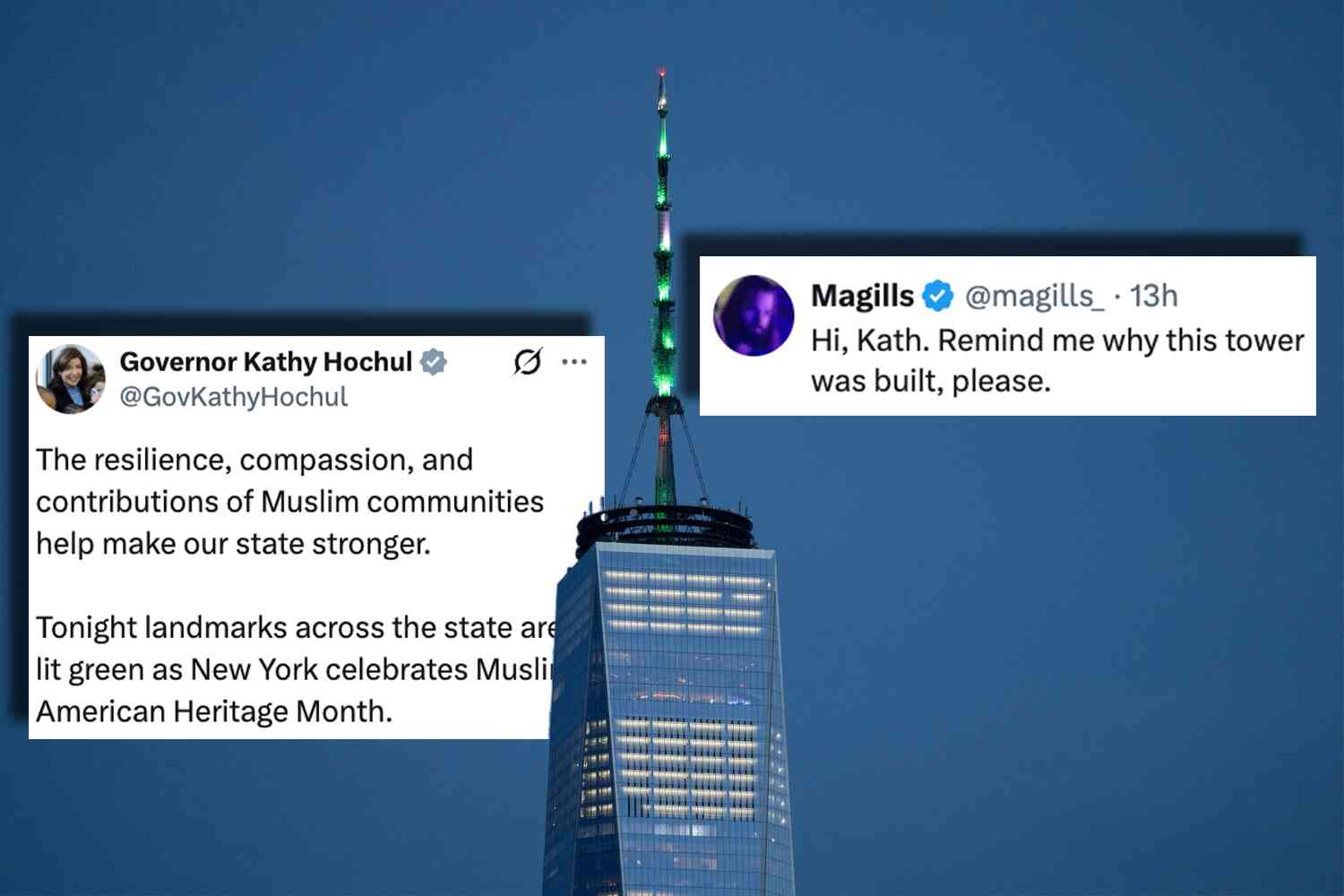If you thought your social betters would give their incessant moral lecturing a momentary rest for a treasured childhood holiday, you thought wrong.
Case in point, Washington Post writer Allyson Chiu answering the question no one asked:
How can you make more socially conscious Halloween candy choices?
Imagine all the families out there, staying awake at night wondering how they will ever be able to make more socially conscious Halloween candy choices.
And pay the heating bill.
Hey, put on a sweater, we've got a planet to save.
You see, chocolate, possibly the most popular candy choice of all, is, well, problematic.
Chocolate, a fixture of Halloween, can have serious environmental, climate and social impacts.
Environmental, climate, and social impacts?
That's the coveted trifecta of virtue signaling!
While chocolate is a crowd-pleaser,...
Do you feel like you're about to be scolded? Because you're about to be scolded.
...the ubiquitous candy "has some pretty close associations with two of the biggest environmental crises that we face right now, and that's the climate crisis and the biodiversity crisis," says John Buchanan, vice president of sustainable production for Conservation International.
It gets worse.
As it turns out, chocolate along with most other candy usually comes wrapped!
Wrapped!!

What's more, much of the individually wrapped candies plucked from bowls at parties or hauled home at the end of the night contribute to the spooky holiday's waste problem.
Let's pause for a moment and examine more closely the contribution Halloween candy makes to the "waste problem" compared to, well, everything else.
To get a sense of it, consider that Americans spent $36.9 billion on candy in 2021. That's all candy.
That same year, Americans spent around $3 billion on Halloween candy, or less that 10% of the total.
To add even greater perspective, consider that Americans spent nearly $1 trillion on groceries in 2021, pretty much all of which is wrapped, leaving Halloween candy contributing a paltry 0.3% of the total.
And that's just grocery store expenditures, never mind the millions of plastic containers of cold Thai food the DoorDash guy mis-delivered to your neighbor.
No matter, your kids trick-or-treating is an environmental horror!!!
Of all the contributors to waste, they choose not just candy, but Halloween candy.
Why do they always pick on the kids?

Back to the Post.
"Halloween should really be called Plasticween," says Judith Enck, a former senior Environmental Protection Agency official under Barack Obama who now heads the Beyond Plastics advocacy organization.
No, it shouldn't.
Although costumes and decorations are major sources of plastic,...
I don't have the data on this, but I'm guessing that Halloween costumes and decorations are an insignificant source of plastic. It's not like the "plastic continent" floating in the north Pacific is made up primarily of Dracula masks, Power Rangers outfits, and blow-molded pumpkins.
...the overabundance of non-recyclable candy wrappers is also cause for concern. Broadly, Enck says, the holiday "is a plastic and solid waste disaster."
0.3% of all grocery store expenditures, just grocery stores, is a "plastic and solid waste disaster"?
And they wonder why we stopped listening to them.
Let's add to those reasons, their total detachment from the people to whom they so like to impart their elevated wisdom.
Additionally, poverty underpins many of the labor issues affecting those involved in the production of chocolate. Farmers often have to use their own children, because they can't afford laborers.
These primitives, permitting farmers to employ their own children at the behest of soulless multi-national candy corporations!
Among those primitives, would be the United States Department of Agriculture:
Parental exemption: Minors of any age may be employed by their parents at any time in any occupation on a farm owned or operated by his or her parent(s).
Oops.
There are things you can do, lectures Chiu.
If possible, she suggests buying candy in bulk and putting it in paper bags, which can be recycled.
Yeah. You can do that, but you can cut out the middleman by just throwing the candy away yourself which is exactly what parents concerned with tampering will do, and then turning out the lights, locking the doors, and binge watch Stranger Things.
Some popular candies, such as Nerds, Dots and Junior Mints, can also come individually packaged in recyclable cardboard boxes.
I don't know about you, but if I gave out "Dots" for Halloween, I might as well start throwing toilet paper up in my own trees.
How about buying certified woke candy instead?
Still, buying certified chocolate means fewer options — and the candy tends to be more expensive. For example, Tony's Chocolonely, a company that sells Fairtrade-certified chocolate, offers 100 individually packaged chocolates for $48.69. Alter Eco also offers certified food products, including 60-count boxes of individually wrapped truffles for $49.99.
Truffles.
I'm sure that's right at the top of the average American family's list of spending priorities, falling somewhere between food and a helicopter.
But hey, they are absolutely not advocating canceling Halloween. That's crazy talk.
But Enck and other experts emphasize that axing the holiday isn't the answer. "I would vigorously oppose canceling Halloween," she says.
Instead, they want to make it so expensive and joyless that you'll want to cancel it yourself.
The thing is, the predominance of plastic in the environment is a legitimate problem, as is the genuine exploitation of child labor around the world. We can discuss these things as adults.
But how about we give it a rest every now and then, and leave the kids out of it?










